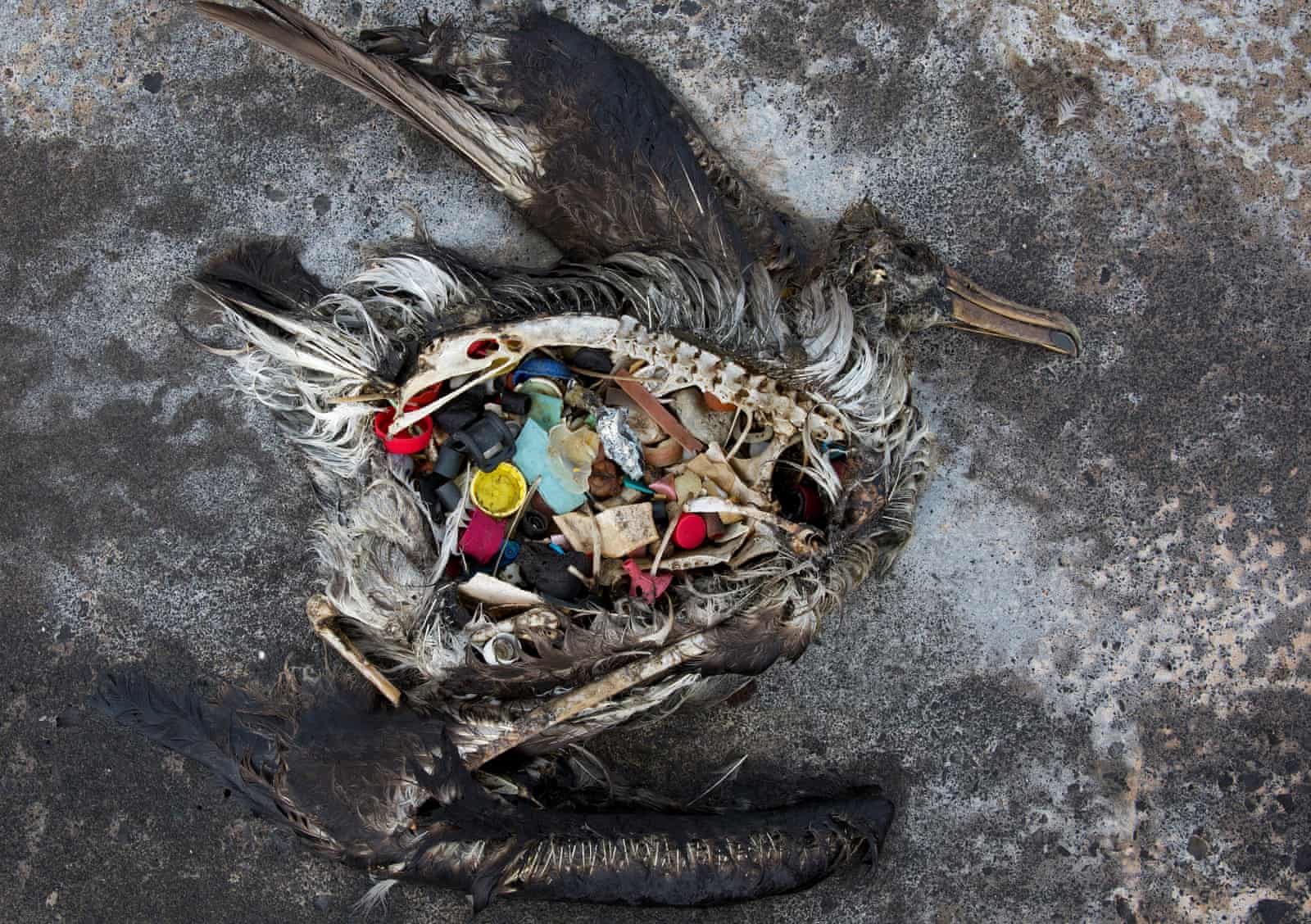Previously, through James Hoffman's video, we peeked into the impact that paper cups can have on our environment should we dispose of them improperly. In his video, he commented on the different alternatives to paper cups, such as bringing our own tumblers, and using porcelain or biodegradable cups. However, he also implied that it is our habits that must change, should we desire a positive and substantial impact. While that is undoubtedly true, I am curious about the public's willingness to adopt a greener lifestyle by switching to reusable cups instead of paper when they takeaway coffee.
Working in a café, I have served many takeaway coffees. While there are customers who bring their own tumblers on a regular basis, many times, paper cups is the default choice. The café where I worked started selling reusable cups a year ago, and there were some customers who bought it, perhaps in their attempt to go green. I remember that there was this regular customer who asked if she could leave her tumbler in our café and we use it every time she takes out coffee. We agreed, and this positive change happened for at least a month or two. Alas, she came back without her tumbler, and we returned to serving her coffee in paper cups.
This is not a unique case as Lee (2015) behavioral studies found that among the 100 people he surveyed, 84% knew about the pollution that paper cups can bring to the environment, but only 33% bothered to use their own tumblers. The prevailing reasons for not using tumblers are inconvenience and that uneconomical. This suggests that there is a pressing need to change people's perspective of tumblers, as in a circular economy, every paper cup we throw away, comes back to us in a negative way.
How then can we change this reliance on paper cups? Song, Lee and Jung (2020) proposes that strategies can adopt a 'default option' and 'bandwagon effect' approach to change consumers' behaviors. This will be further explored in the next post.


No comments:
Post a Comment